The transformative effects of the Shinnyo path
Guillaume Riou
April 25, 2022

Around three years ago, I started to practice meditating on my own. I was under a lot of stress in my daily life, especially at work. I often got angry, though it felt normal as I was surrounded by others in the same state. All this was very tiring, and I was aware that the situation was unlikely to improve. Feeling that this could not go on indefinitely and needing a way to reduce my stress, calm my mind, and bring a sense of peace, I started to meditate.
For two years, meditation helped me to bring my emotions under better control, but after a while it was no longer enough. Though I’d started with a therapeutic interest in meditation, I began to be curious about its religious aspects, and after some study I felt ready to deepen my practice and begin my journey out of suffering by joining a community, or sangha. On my request, a good friend of mine introduced me to the Shinnyo teachings. As soon as I arrived at the temple I felt at home. I felt I had come to the end of a long search, and was happy and grateful to be there. Since that day, I have learned a great deal.
Now I know that most of my suffering derived from taking the wrong approach to problems. I suffered at work because I felt jealous toward my colleagues and couldn’t accept them for who they were. I suffered in my private life because I was selfish and thought only of my own happiness. I suffered in general because I was blinded by selfish desires, greed, envy, and anger, and judged people on my own standards of right and wrong. I clung to what I believed was important for directing my life and behaving well in society.
Slowly I came to realize that generating negative emotions and states of mind was increasing my suffering and affecting my surroundings like a contagion. I came to understand that my suffering was my own doing, and it was up to me to end it. Acknowledging this was the big step I took in the first six months of my practice at Shinnyo‑en.
I stopped judging people and started to acknowledge their suffering. I tried my best to help and comfort them, and the more I did it, the happier I felt. This is the gift of Shinnyo‑en.
I learned, furthermore, that true joy would bloom in my heart once I began to offer lovingkindness to others, give some of my time to reach out to others, and overcome the egoistic barriers I had built up. Step by step, I lost my reluctance to support charitable organizations and began to give happily to worthy causes. I stopped judging people and started to acknowledge their suffering. I tried my best to help and comfort them, and the more I did it, the happier I felt. This is the gift of Shinnyo‑en. But what I experienced two months ago had a decisive impact.
For the last seven or eight years, one side of my family has been torn apart by a legal battle over an inheritance. My aunt on my father’s side was known to be greedy, selfish, and proud, someone who would never concede defeat. Over a period of eight years my family went to court three times, and although my father proposed to settle the quarrel by giving my aunt what she wanted, my aunt had refused, claiming that justice would be on her side. Last year a new round of legal proceedings began, and then in October we learned that my cousin, the only daughter of this aunt, had given birth after years of trying. The pregnancy had been hidden from the whole family on my aunt’s wishes, so we were a bit late with the congratulations.
Most people wrote to my cousin directly while ignoring my aunt due to the ongoing lawsuit, but at that time I acknowledged that I felt nothing but happiness both for my cousin and my aunt. Everyone knew that my cousin had gone through so much suffering, including severe depression, to have this baby, and I knew that my aunt longed for grandchildren of her own to fill the emptiness in her heart. I wrote a simple email that said that I was overjoyed for them and the new life of love and affection that would begin with the little baby.
Then I started to offer prayers for the baby, who had been born prematurely at 28 weeks.
Then I started to offer prayers for the baby, who had been born prematurely at 28 weeks. I asked for the blessing of the dharma protectors, and kept his name in my morning and evening chanting for a week. I began to add the name of the baby’s mother and then that of my aunt as well. Day by day, as the list of names grew, I remembered that my aunt’s husband was suffering from a chronic disease that had paralyzed his hand, so I prayed for him too, along with my aunt, my cousin, and her baby. I realized the whole family was suffering and I wanted it to end with a new start around this little baby. For this I dedicated my daily chants and prayers.
A week later, my aunt replied to me with a warm email, thanking me and asking for news and pictures of my children. Shortly after, my father called me and said, “You will never guess what happened today!” It turned out that my cousin had called my father and got my aunt to invite us for lunch that Sunday. In eight years, this had not happened once. Then we had lunch, and it was perfect: everyone was in good spirits, the little baby was adorable, and we spent the whole day at my cousin’s place. A few days later, my father told me with some emotion in his voice that my aunt had called just to get news and ask if we were well.
I can’t explain it logically, but nevertheless it’s real. I can’t express how grateful I am today to have found the Shinnyo teachings, which help us take control of our lives and change them for the better through our spiritual growth.
This was the first time I had felt it, but I have no doubt in my mind that my prayers and actions were supported by the Shinnyo Parents (the founders of Shinnyo‑en). The Shinnyo Path, which reflects the way the Shinnyo Parents lived their lives, inspired me to care about my cousin’s family despite our conflicts and encouraged me to act with sincerity for their well-being. I feel that the timeless support that the Shinnyo Parents represent—the inspiration and encouragement we gain from their example—had a direct effect on my life and family. I can’t explain it logically, but nevertheless it’s real. I can’t express how grateful I am today to have found the Shinnyo teachings, which help us take control of our lives and change them for the better through our spiritual growth.
If you had asked me six months ago if Shinnyo‑en had changed my life, I would have told you, “Maybe, but I really don’t know for sure.” Today I can say without hesitation: “Yes, it has.”
View more stories
Finding strength in the people around you
By Haidee Sui
Haidee Sui, a Shinnyo-en practitioner from Northern California, shares how she found strength in the temple community that helped her to connect to others and accept herself as she grew through a challenging time in her life.
The courage to persevere
By Jin Takamizu
The following is the story of Shinnyo-en member Jin Takamizu, who lives in the Tokyo area and shared this very personal account of how his faith gave him the courage to persevere, and eventually triumph, in the face of adversity.

Discovering treasure in painful experience
By Jin Takamizu
Jin Takamizu, who practices in Tokyo, Japan, shares the story of a spiritual breakthrough he experienced while undergoing surgery to correct a cleft lip and palate he lived with for most of his life. He describes how undergoing that painful experience helped him discover a sense of purpose in life.
Gaining peace and self-love
By Kevin Shi
Shinnyo‑en practitioner Kevin Shi, from Seattle, reflects on how the teachings offered him guidance and perspective when struggling with depression, helping him to rediscover a sense of inner harmony and self-worth.
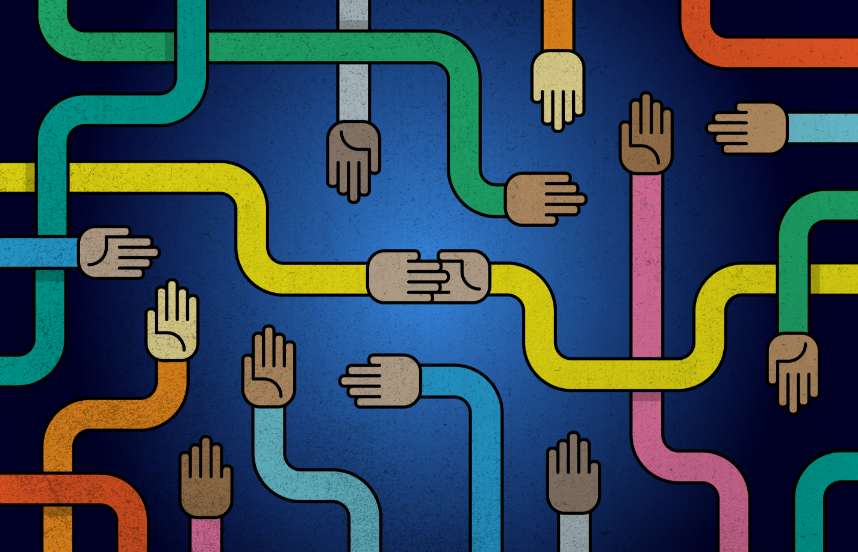
Coming home
By Amy Leval
Amy, an American living in Sweden, shares the story of how the simple practice of offering merit on behalf of family members that she had never met opened the way for healing and reunion within her extended family.

Sending off the spirits of the dead
By Temple Staff Member
In this article from a 1954 Shinnyo‑en newsletter, a member of the temple staff describes an early lantern floating officiated by Shinjo and Tomoji Ito. Despite the many decades since it was written, the account will be remarkably familiar to participants of contemporary lantern floatings.
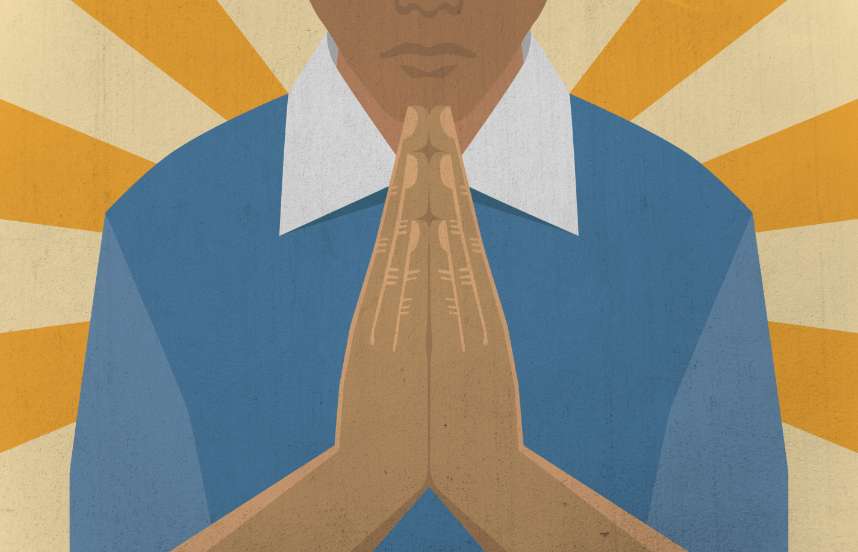
The spirit of gassho: cultivating gratitude as a spiritual practice
By Her Holiness Shinso Ito
Her Holiness likens living a true spiritual life to greeting others with a reverent expression of appreciation. A spirit of gratefulness for others and all that we have cultivates contentment and joy within us. It is a simple practice that we can only experience in the company of others.
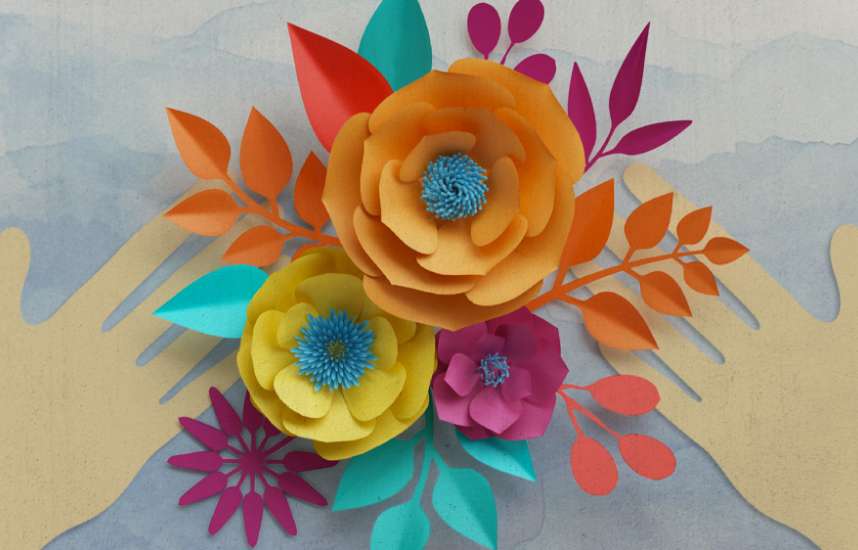
Walking on my own with others
By Takako Masuda
Takako Masuda, whose disability once made her introverted and aloof, describes how a warm, encouraging gesture from Her Holiness helped her realize we never truly walk alone.
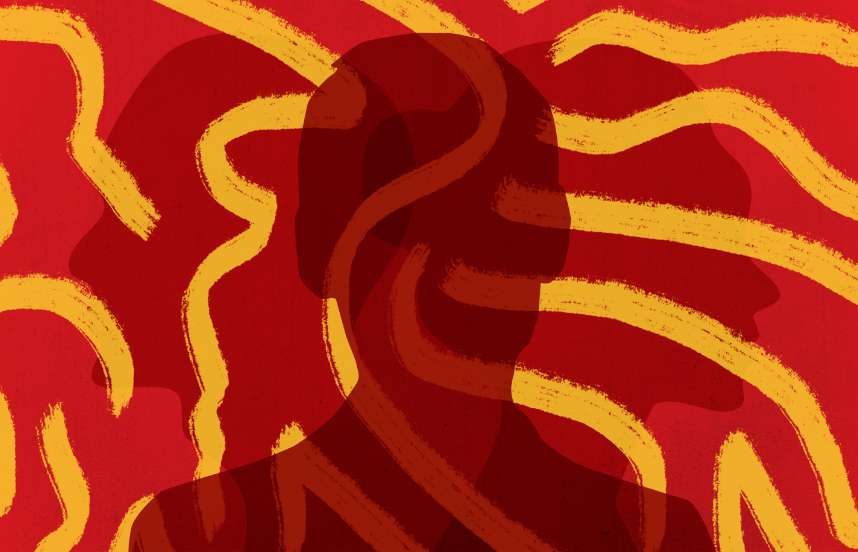
Healing bitterness with joy
By Tracy Yang
Tracy Yang, who lives in the United States, shares the story of her family breaking apart, the hardship of emigrating to New York with her mother, how sesshin helped her to uproot feelings of anger toward her and truly see her for who she is, and how with practice, her bitterness turned to joy.

Kindling the warmth of Shinnyo in one’s heart
By Nicolas Simonet
French practitioner Nicolas Simonet shares how, even after being a member of Shinnyo‑en for a long time and feeling he knew more than others, a crisis in his relationship provided him a mirror to see his own failings, and finally ground his practice in his heart.

Practicing from the heart
By Lisa Bandiera
Lisa Bandiera, a member of the Shinnyo‑en temple in Sydney, Australia, describes how sesshin invigorated her spiritual practice within her family, and how studying at Shinnyo‑en has deepened and enriched her understanding of the faith tradition she was raised in.
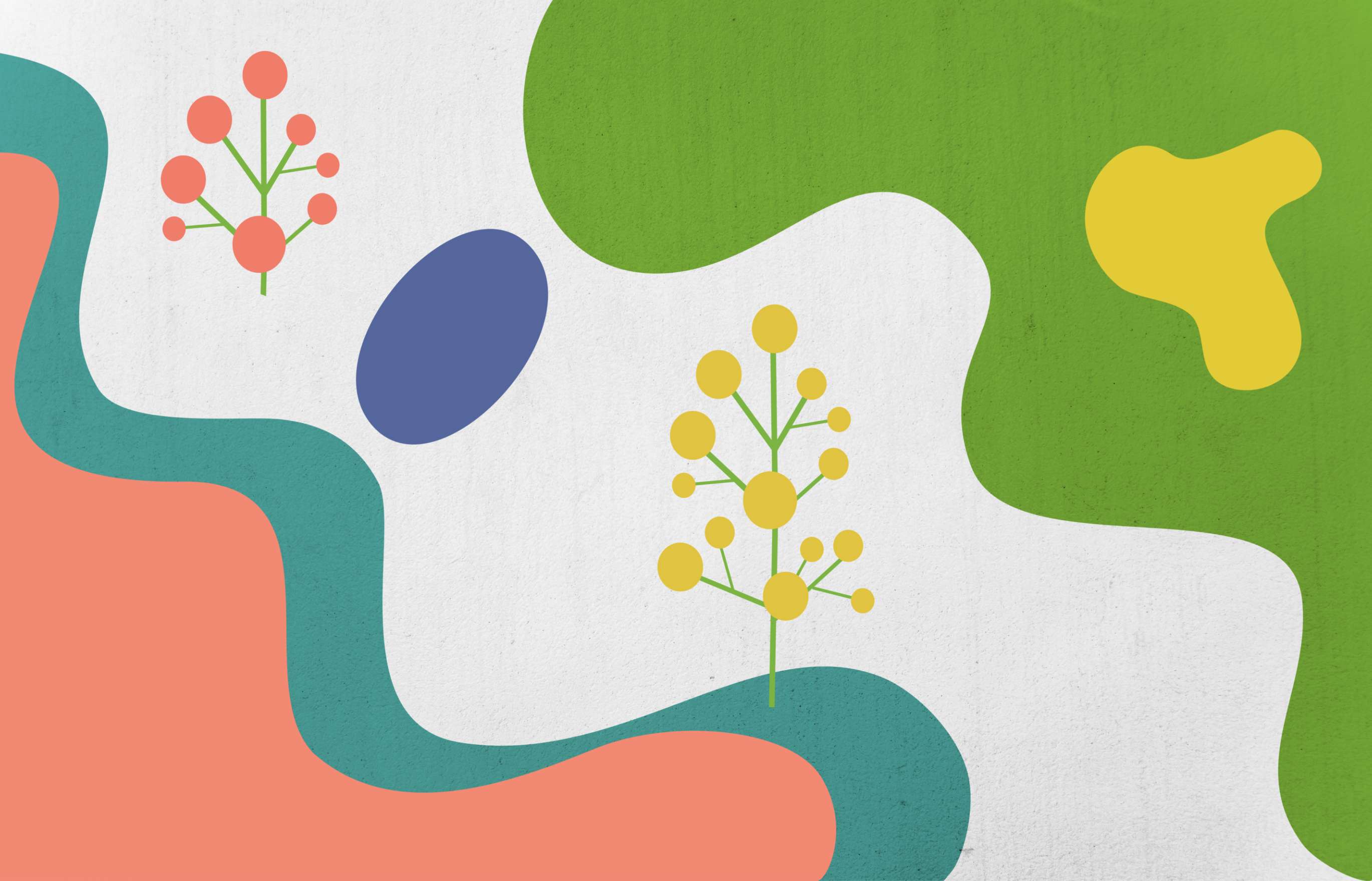
Spiritual training in a city full of potential Buddhas
By Ai Yamanaka
Shinnyo‑en practitioner Ai Yamanaka, from New York, finds spiritual inspiration, a happy life, and encouragement in the joyful open-heartedness hidden beneath the city’s superficial gruffness.
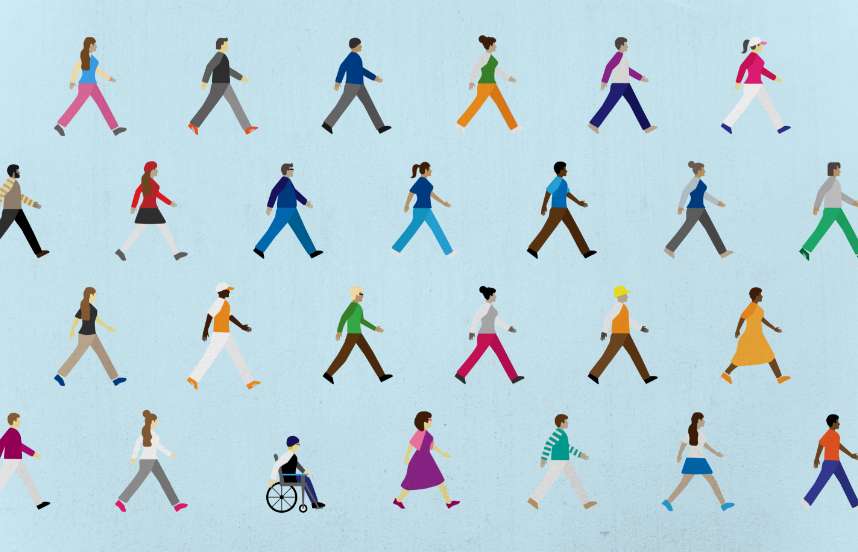
Steadfastly walking the path with others
By Master Shinjo Ito
Master Shinjo Ito, the founder of Shinnyo‑en, shares how the image of Achala (“the immovable one”), inspires development of a spirit of loving kindness and compassion toward others in one’s practice that remains steadfast, regardless of circumstances or recognition.
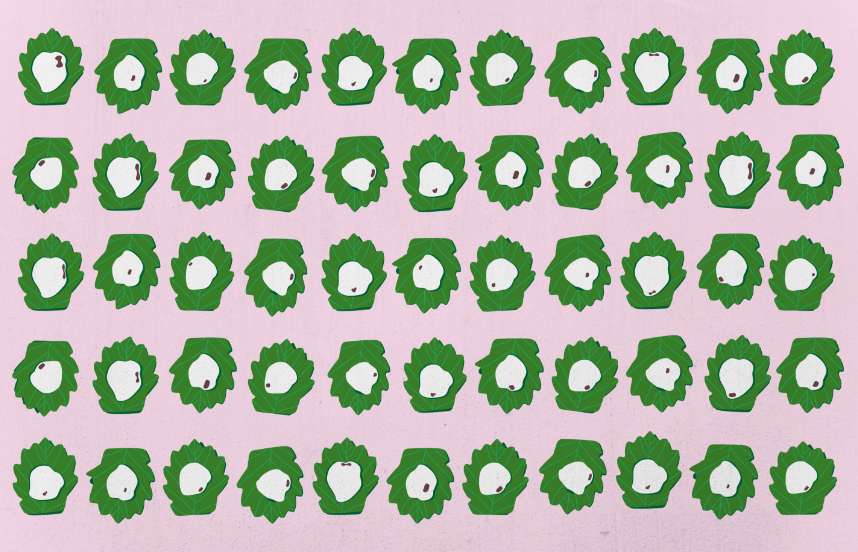
Taking what is left
By Her Holiness Shinso Ito
Her Holiness Shinso Ito shares a childhood memory of celebrating “Boy’s Day” with her mother, illustrating how she skillfully taught by example how to express qualities of buddhahood in everyday life.

The longest journey begins with the first step
By Robert Mize
Shinnyo‑en member Robert Mize of the temple in Redwood City, California, reflects on how his practice fits into his Christian background, the healing power of mentorship and community at Shinnyo‑en, and on how the long-term perspective fuels his practice of small acts of kindness.
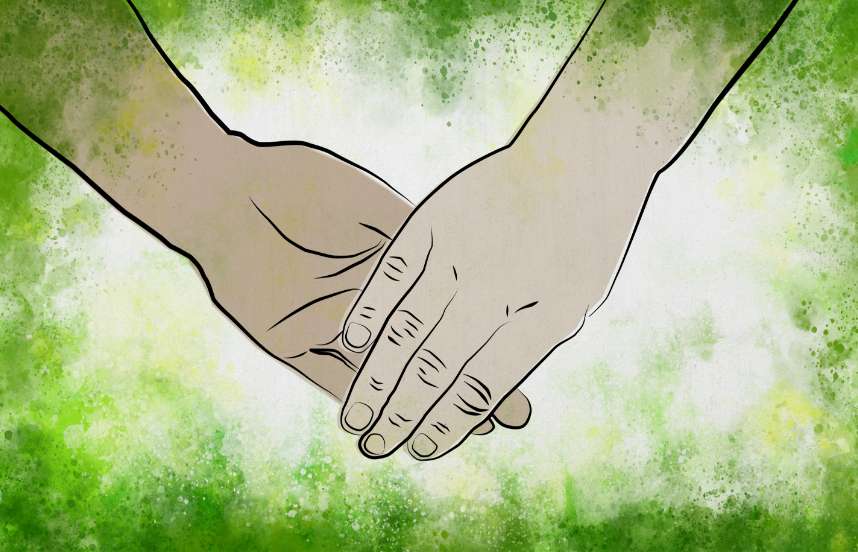
Touching our Buddha nature
By Mark S.
Shinnyo‑en practitioner Mark, from the United Kingdom but practicing in Japan for the last 20 years, explains how getting in touch with his “buddha nature,” his natural goodness within, helped him recognize the support and friendship of others around him and really be himself.
